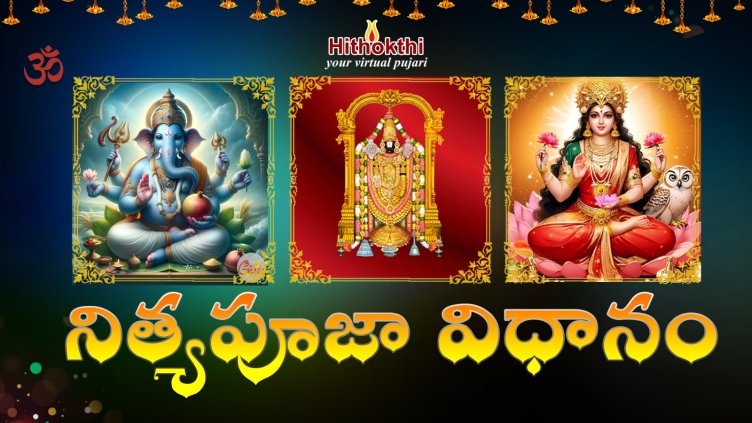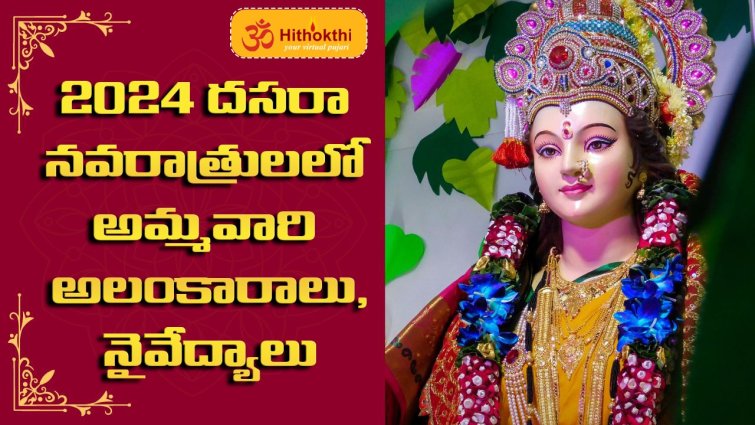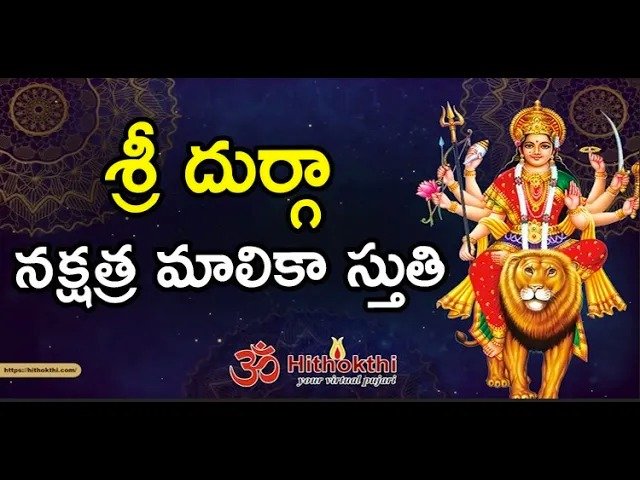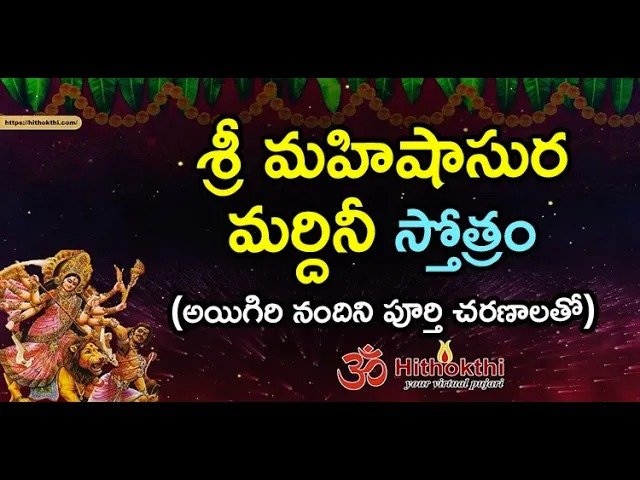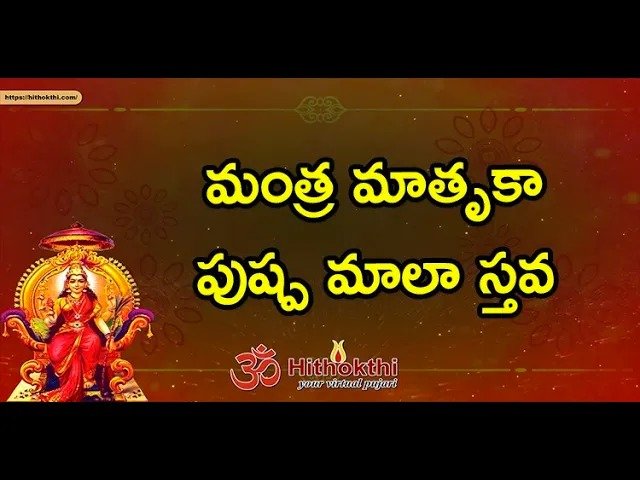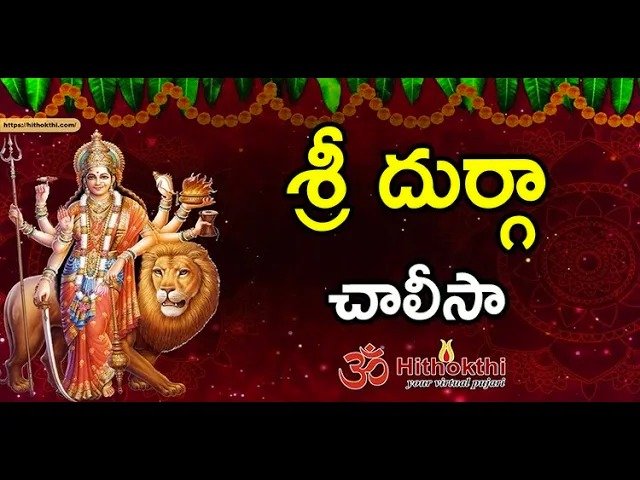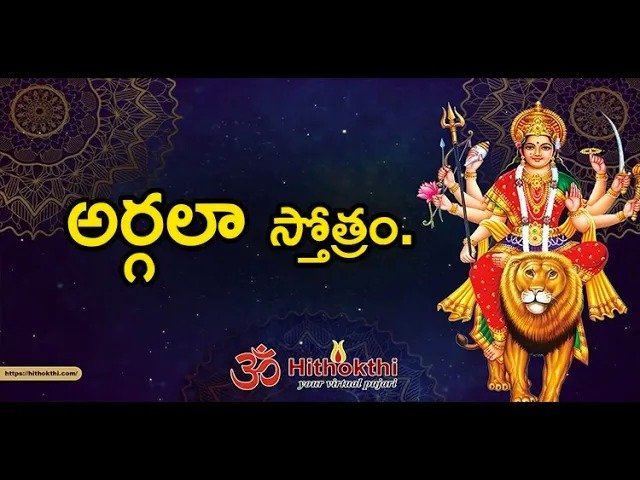Music is worship
Chennai, August 1, 2013: Pitamaha - Venkateswara Dakshinamurthy, who entered his 94 year recently could be called that given his career spanning over six decades and the patriarchal authority with which he has reigned supreme. Known for classicism and melody, songs composed by Dakshinamurthi Swami (in respect of his age and piety, the entire industry refers to him thus) have stood the test of time. Born on December 9, 1919, to D. Venkateswaran Aiyer and V. Parvathy Ammal at Alappuzha, Dakshinamurthi’s association with music began in his sixth year. The child had grasped no less than 27 songs just by hearing them rendered by his mother and sister. When Dakshinamurhti was ten, Venkatachalam Potti in Trivandrum taught him Carnatic music and the tutelage continued for three years. It was at the Ambalapuzha Sri Krishna temple that he gave his first public performance, at the age of 13. It was his habit to offer prayers to “Vaikkathappa Annadhaana Prabho” daily, in the morning and before going to bed.
Marriage concert
One midnight when torrential rain was lashing Ambalapuzha (the day was May 15, recalls Dakshinamurti), ganjira vidwan Kaduva Krishnan knocked at the doors of the young musician’s house, inviting him to perform at a marriage kutcheri at Vaikkom the next day. The mother permitted and the two walked up to the Karumaadi boat jetty at Ambalapuzha and reached Vaikkom the next morning, 8 a.m.
After bath and having Vaikkathappa’s darshan, they reached Kaidarathu Madam for the concert. Kochi-based Konkini tavil vidwan wanted Dakshinamurti to teach music to his relatives and so he remained at Vaikkom.
During his 42-month stay at Vaikkom, Dakshinamurthi would sing daily at the temple, attend Nirmalya Darsanam and sang on all Ashtamis at the temple. Incidentally, it is Vaikathappan’s image that lights up Dakshinamurti’s cell phone and the ring tone is ‘Rama Rama Rama’ (rendered by Yesudas for the film ‘Rama Bhakta Hanuman,’ composed by Dakshinamurti Swami).
In 1942, he made his first trip to Madras to sing for AIR. It was a 30-minute programme. The visits became a regular affair for four years until he settled down in Mylapore in 1948. Except for four years that he spent in Palghat, Chennai has been the veteran’s domicile. Sweet-voiced N.C. Vasantakokilam was one of Dakshinamurti’s early disciples. Among others, who learnt music from him, are Kaviyoor Revamma, educational director famous for singing Narayana Guru’s songs, and Kalyani Menon.
This writer was stunned when, during the interview, Dakshinamurti poured out the lyrics of the first virutham for which he composed music. The film was ‘Nalla Thanka’ (1948) produced by K.V. Koshy and Kunchacko in 1948. “The producers wanted me to compose on Lord Vinayagar and He opened to me the doors of the industry,” he says. To the composer goes the credit of introducing P. Suseela to Malayalam cinema through ‘Seetha.’ Among others he introduced were Ambili, K.P. Brahmanandham, Shereen Peters, Vinodhini, Sree Latha, Kalyani Menon, etc. In all 69 playback singers - Malayalam and Tamil - have sung under his baton. Dakshinamurti set about composing only after the lyric was complete and ready for tuning. Although he has composed music for veteran lyricists including Abhaya Dev, O.N.V. Kurup, Vayalar Rama Varma, P. Bhaskaran, Thikkurissi, Pappanamkodu Laxmanan, Mankombu Gopalakrishnan, Bichu Thirumala and Poovachal Khader, it was for producer-director P. Sree Kumaaran Thampi that he composed music for the maximum number of songs. He had composed music for 35 films produced by veteran T.E. Vasudevan.
It was at the recording theatres in Chennai and not anywhere in Kerala that Dakshinamurthi spent long hours composing, recording and re-recording. ‘Jeeva Naadi,’ ‘Oru Oodhappoo Kan Chimitugiradhu,’ ‘Nandhaa En Nilaa,’ and ‘Oru Kovil Iru Deepangal’ are some of the films that had melody as their strength. It is an irony that the Tamil Nadu Government has not honoured him with Kalaimamani. According to him, all sound engineers and everyone who had worked with him were equally talented.
His wife Kalyani has been a tower of strength for Dakshinamurti Swami, taking great care of him, keeping track of his schedule, records, minute details about his career and so on.
Active and enthusiastic, age has not diminished his dedication to music. At 90, he composed music for ‘Mizhikal Sakshi’ starring Mohanlal and Sukumari. Dakshinamurti Swami thanks the Almighty for blessing him with health that has enabled him to do what he loves most – be engaged with music, pure and classical.
Source: The Hindu, August 1, 2013

